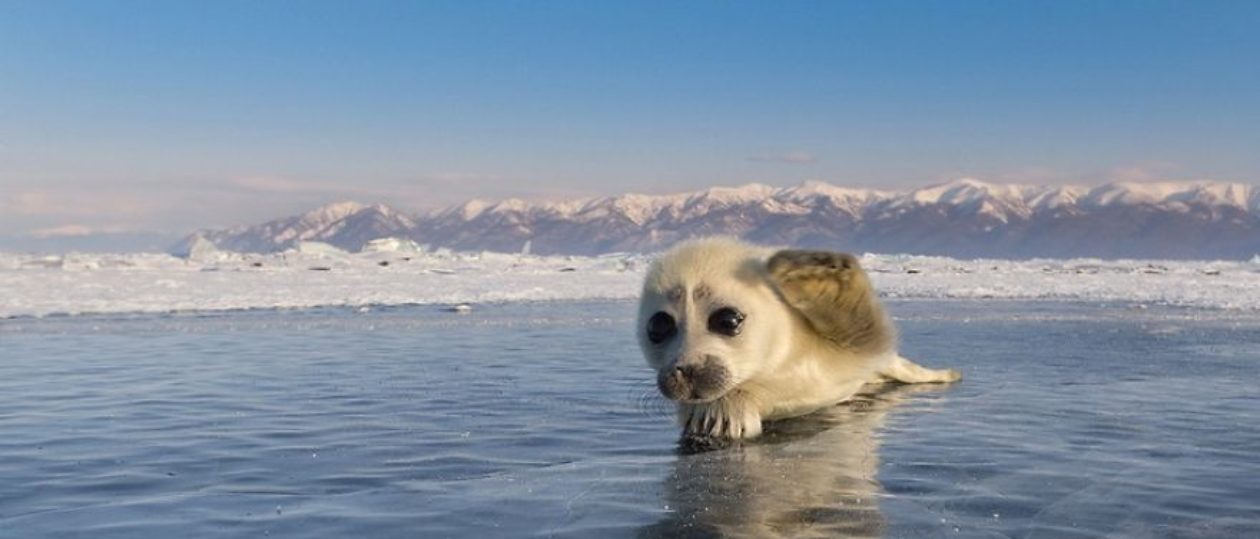
I have not written about hurricanes in a little while and yet I now must. Last week Hurricane Helene (category 4) swept up the western coast of the United States, leaving devastating damage and destruction throughout Florida, Georgia, South Carolina, North Carolina, and Tennessee. More than 170 people are dead or missing and almost 2 million people had no power. Homes and buildings were twisted and left looking like pickup sticks.
Climate Week also took place in New York City with pledges to triple funding for nuclear energy, the establishment of a new green banks’ forum, and calls for more carbon removal. Education about sustainability was also high on the list so that corporations and the general public better understand the options they have to remove carbon.
I bring up these two topics because they are intertwined. The consequences of climate change are high. If we persist in driving up CO2 levels in the atmosphere, we will continue to experience catastrophic weather events which devastate lives, businesses, and our emotional well-being. We must reduce our carbon footprints, we must work with one another, and we must act urgently. As I have said before, time is of the essence.

